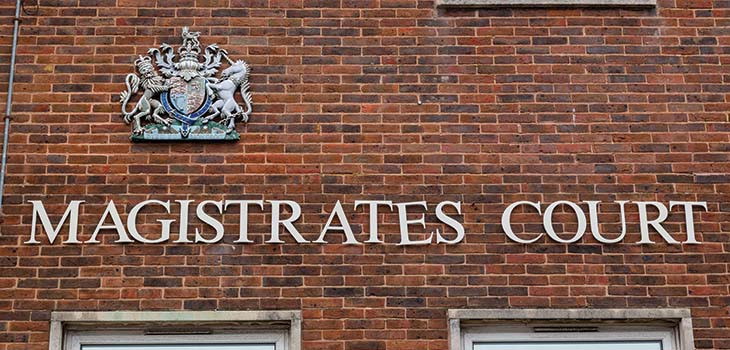
- Examines R (on the application of Simon Williamson) v City of Westminster, in which the Court of Appeal has sought to define the application of s 142 of the Magistrates Court Act 1980 (MCA 1980).
- Presents a practical examination of case law and explores the implications for defendants’ seeking to reopen their cases following a guilty plea and sentencing.
- Notes the current position of the law under s 142, MCA 1980.
Few would argue against the notion that some of the systemic safeguards designed to mitigate miscarriages of justice, prevent the abuse of due process, and assure that convictions of the guilty are beyond reasonable doubt (Woolmington v DPP [1935] AC 462) are some of the most important aspects of British criminal justice.
The decision of the Court of Appeal in R (on the application of Williamson)









